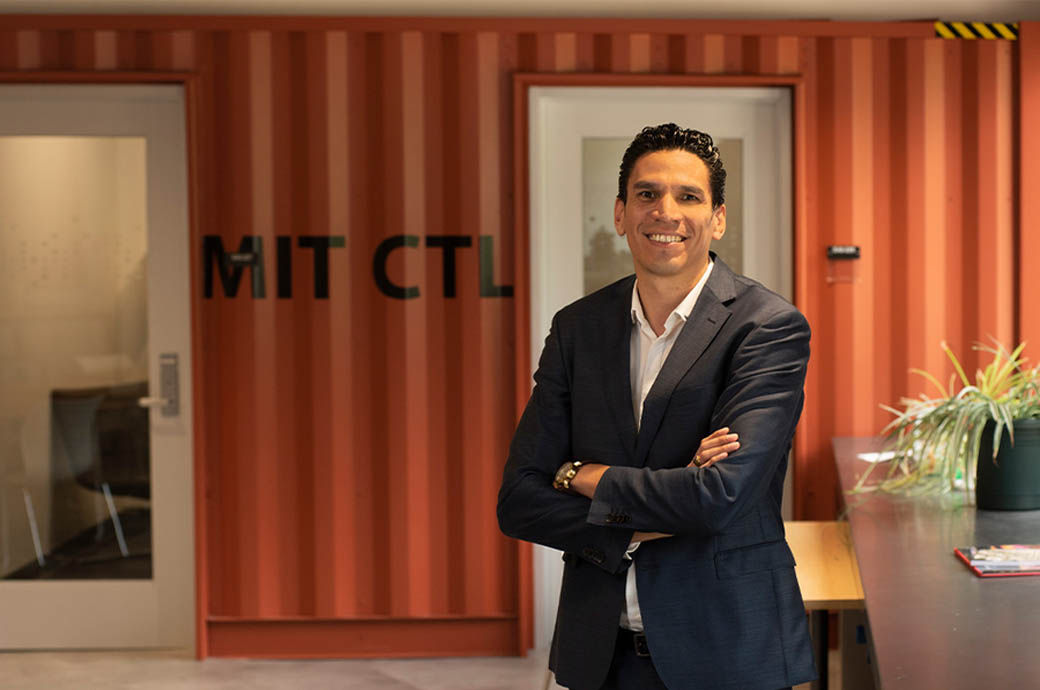
One way to address this is the Green Button project that explores how to optimise e-commerce delivery schedules to reduce carbon emissions and persuade customers to use less carbon-intensive four- or five-day shipping options instead of one or two days, he says.
In 2019, MIT’s Sustainable Supply Chain Lab launched a Green Bottle project to study the rapid delivery phenomenon. The project has been “testing whether consumers would be willing to delay their e-commerce deliveries to reduce the environmental impact of fast shipping,” says Martínez.
At times, proposed solutions for sustainability are not always as effective as promised, he says. Some fashion rental schemes fall into this category. Martinez’s team found that while rental services generally have a lower carbon footprint than retail sales, hidden emissions from logistics played a surprisingly large role, according to an MIT release.
Working with Coppel, one of Mexico’s largest retailers, the Green Button project inspired a related Consolidation E-commerce Project that built a large-scale mathematical model to provide a strategy for consolidation.
The model determined what delivery time window each neighborhood demands and then calculated the best day to deliver to each neighborhood to meet the desired window while minimising carbon emissions.
The team found that disclosing emissions transparently and making the consumer a part of the strategy can be a new opportunity for more consumer-driven logistics sustainability.
The team is now developing similar models for business-to-business e-commerce.
Fibre2Fashion News Desk (DS)